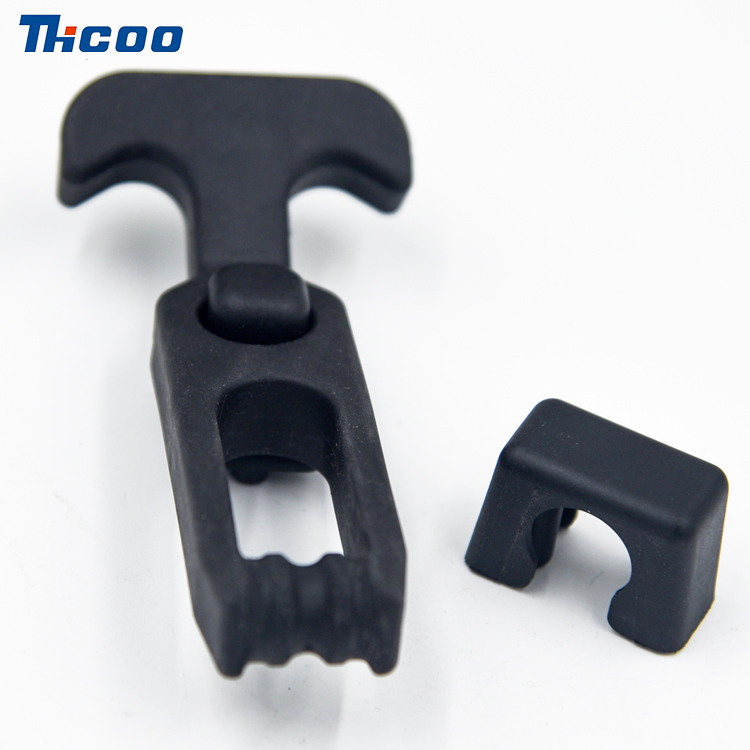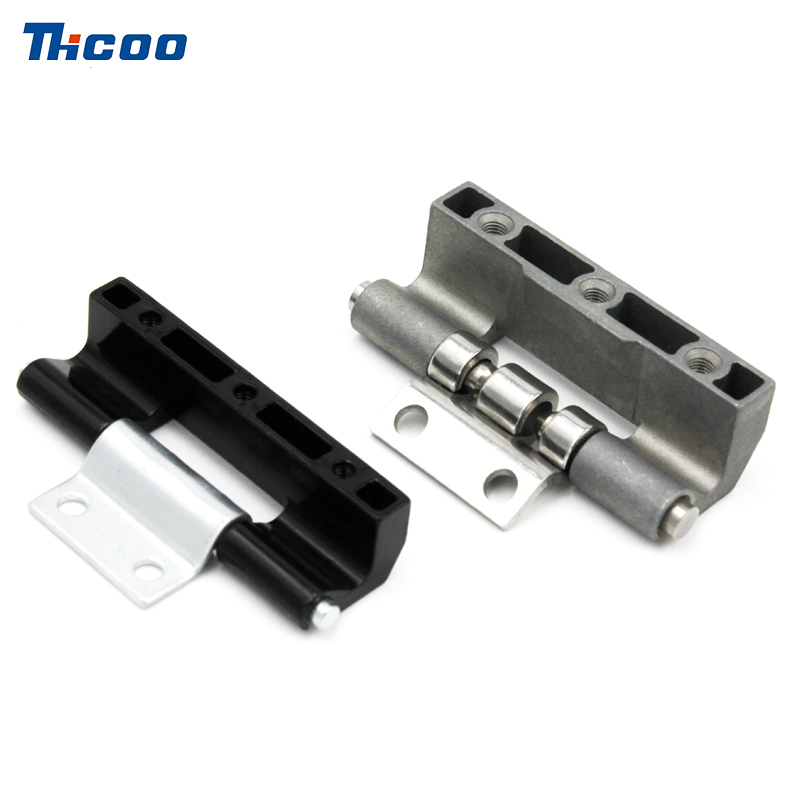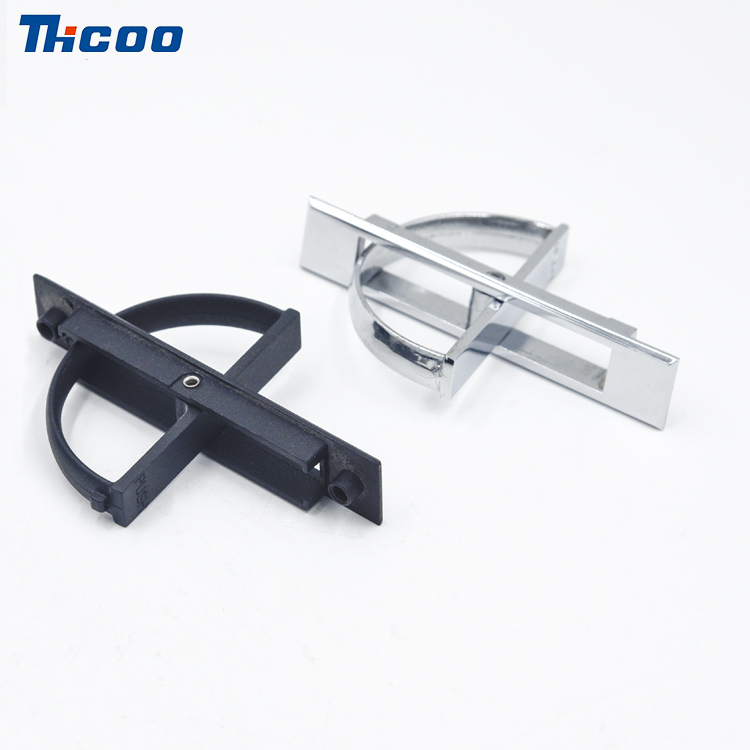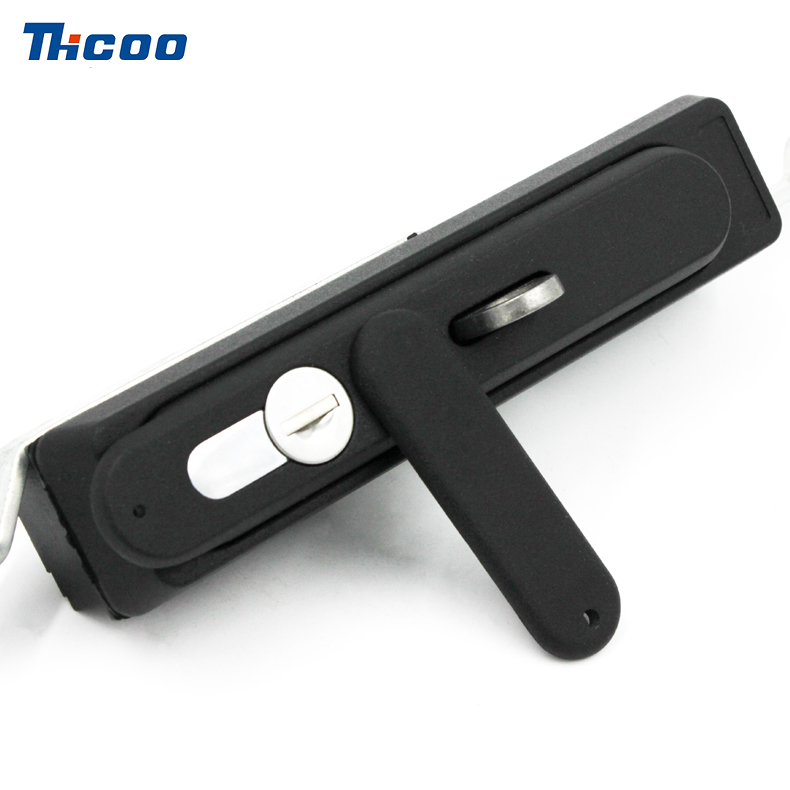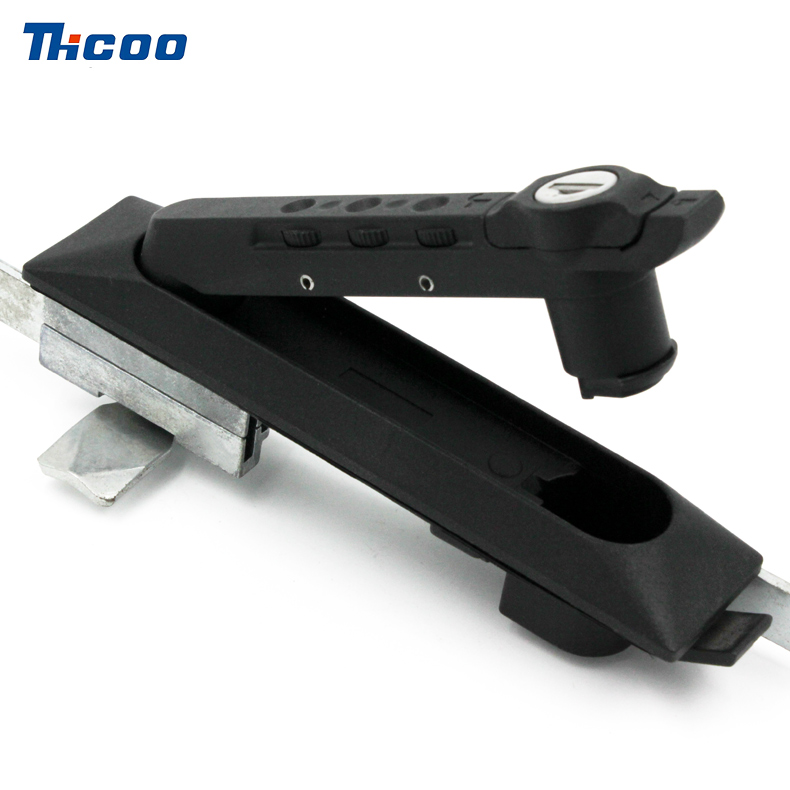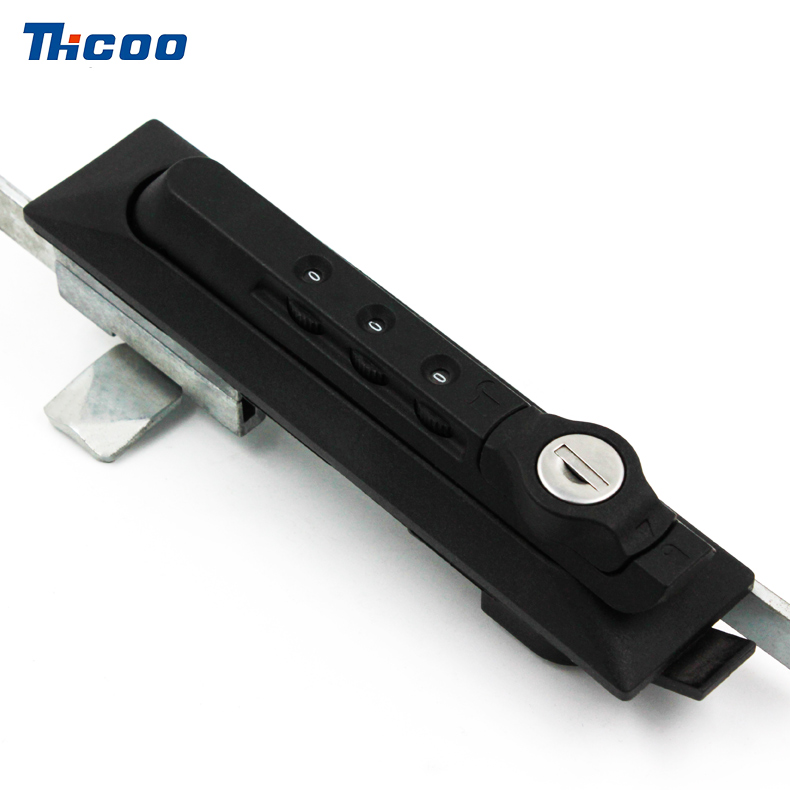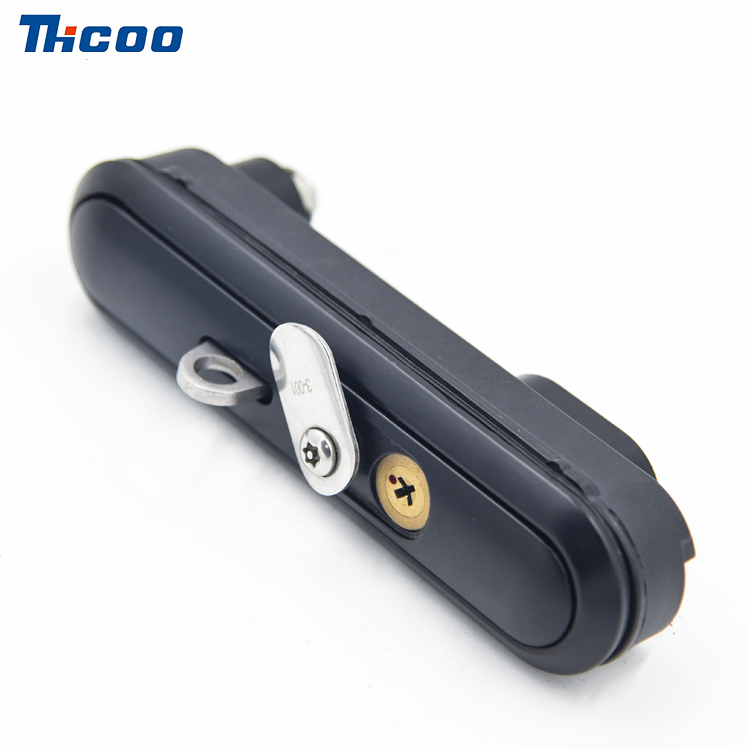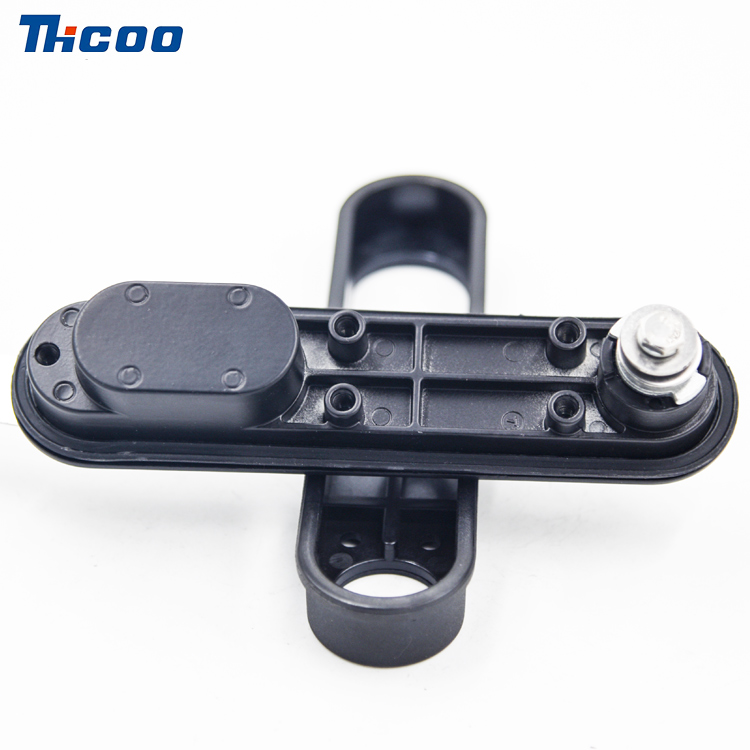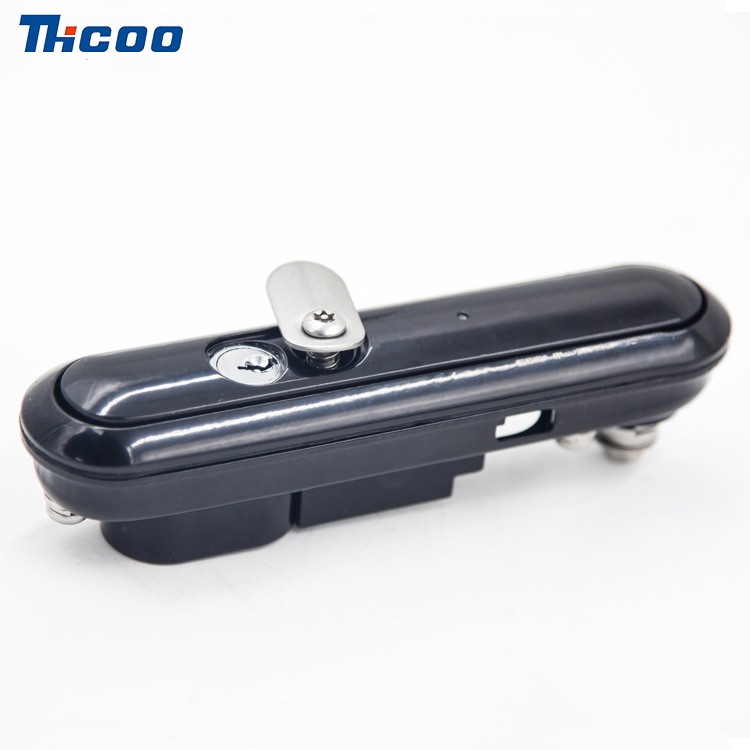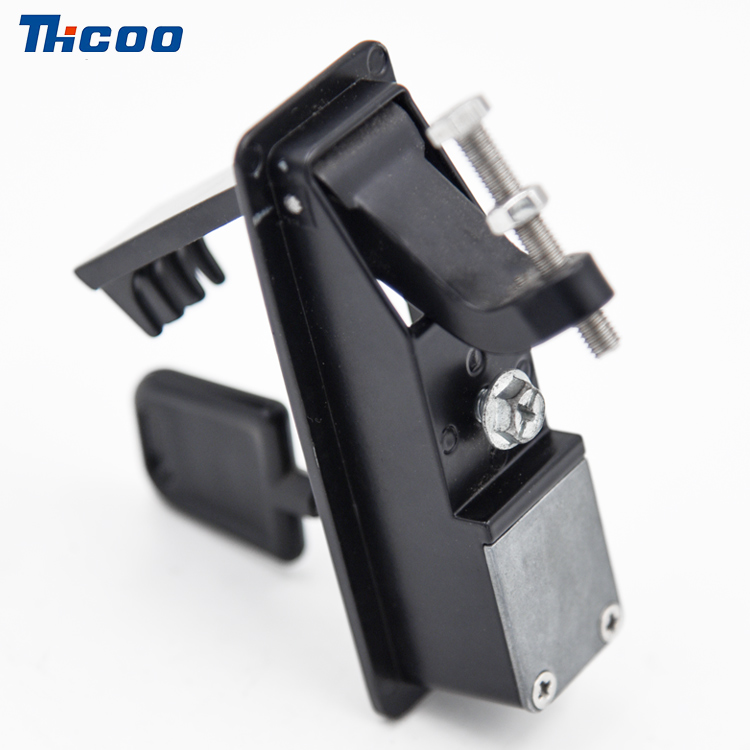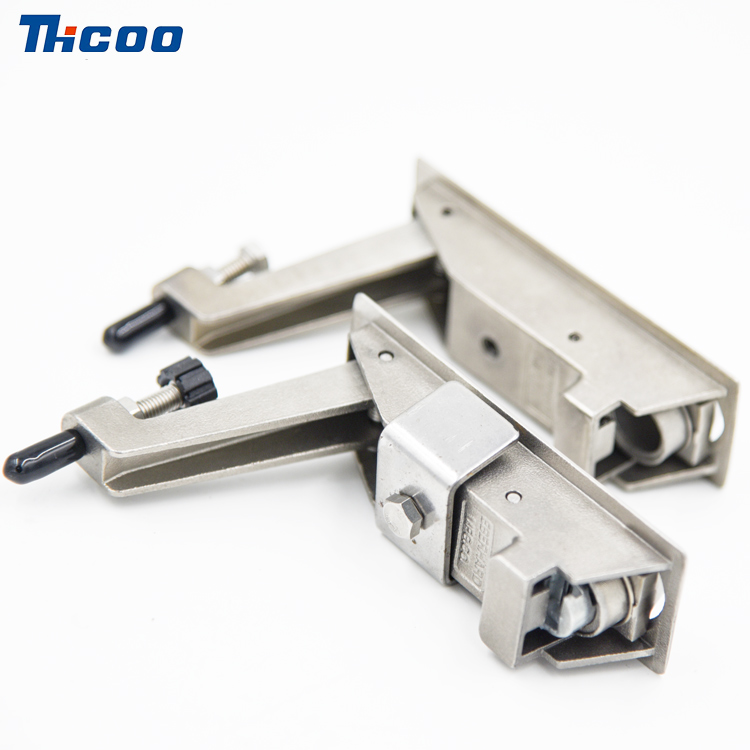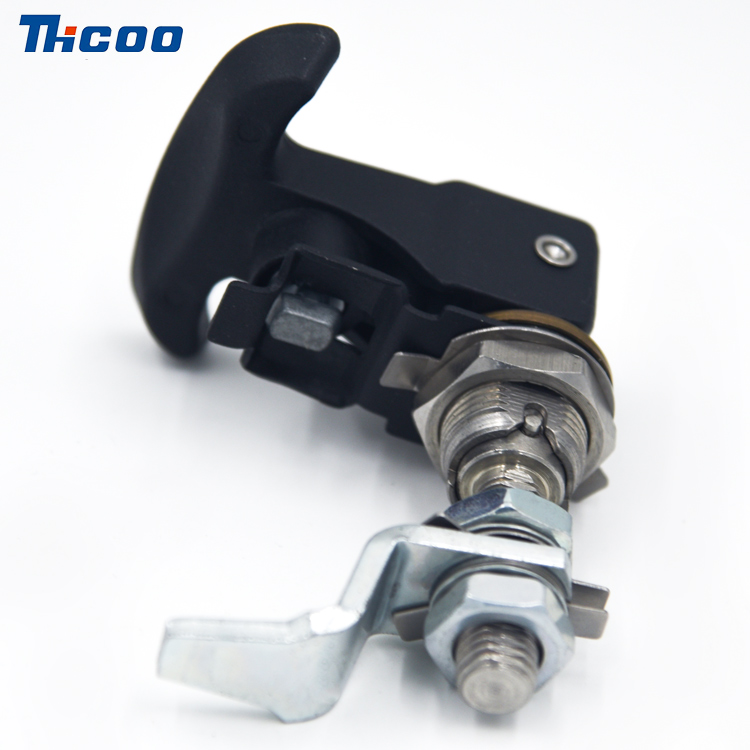Cam locks are commonly used in industrial and commercial settings for securing cabinets, enclosures, machinery, and other applications that require reliable and convenient access control. Their durability and reliability are essential factors to ensure the security and functionality of these systems. Here are some points highlighting the durability and reliability of cam locks:
1. Robust Construction: Cam locks are typically constructed using high-quality materials such as steel or brass, which offer strength and durability. The components are designed to withstand heavy use, repetitive locking and unlocking, and resist wear and tear over time. This robust construction ensures the cam locks can endure the demands of industrial and commercial environments.
2. Resistance to Tampering and Forced Entry: Cam locks are engineered to provide a high level of security. They feature mechanisms designed to resist tampering and forced entry attempts, such as picking or drilling. The internal components of cam locks are often protected by anti-drill pins, hardened cylinders, and other security features, making them highly resistant to unauthorized access.
3. Reliability in Harsh Environments: Industrial and commercial settings can expose cam locks to various environmental factors, including dust, moisture, vibrations, and temperature fluctuations. Reliable cam locks are designed to withstand these conditions and maintain their functionality. They are often sealed or coated to provide protection against corrosion, ensuring long-term reliability even in challenging environments.
4. Key Control and Master Key Systems: Cam locks can incorporate key control systems, allowing for restricted access and key duplication control. This is especially important in commercial and industrial settings where multiple locks and key management are required. Additionally, cam locks can be integrated into master key systems, providing convenient access to authorized personnel while maintaining security.
5. Ease of Installation and Use: Cam locks are designed for ease of installation and operation. They often feature a simple locking mechanism that can be easily engaged and disengaged using a key or combination. This user-friendly design ensures that the locks can be efficiently utilized by employees or personnel without extensive training.
6. Industry Standards and Certifications: Many cam locks adhere to industry standards and certifications, such as ANSI/BHMA standards or ISO certifications. These standards ensure that the locks meet specific criteria for durability, reliability, and security. Choosing cam locks that comply with recognized standards provides an added assurance of their quality and performance.
7. Regular Maintenance and Servicing: Like any mechanical component, regular maintenance and servicing are important for maintaining the durability and reliability of cam locks. Periodic lubrication, cleaning, and inspection can help identify and address any issues before they become significant problems. Following the manufacturer's guidelines for maintenance and servicing can help extend the life and performance of the cam locks.
It's worth noting that the durability and reliability of cam locks can vary depending on the specific make, model, and quality of manufacturing. Choosing cam locks from reputable manufacturers with a proven track record in producing reliable security solutions is advisable. Additionally, proper installation, regular maintenance, and adherence to security protocols are essential to ensure the optimal performance and longevity of cam locks in industrial and commercial applications.

 English
English Deutsche
Deutsche 简体中文
简体中文 languages
languages 

